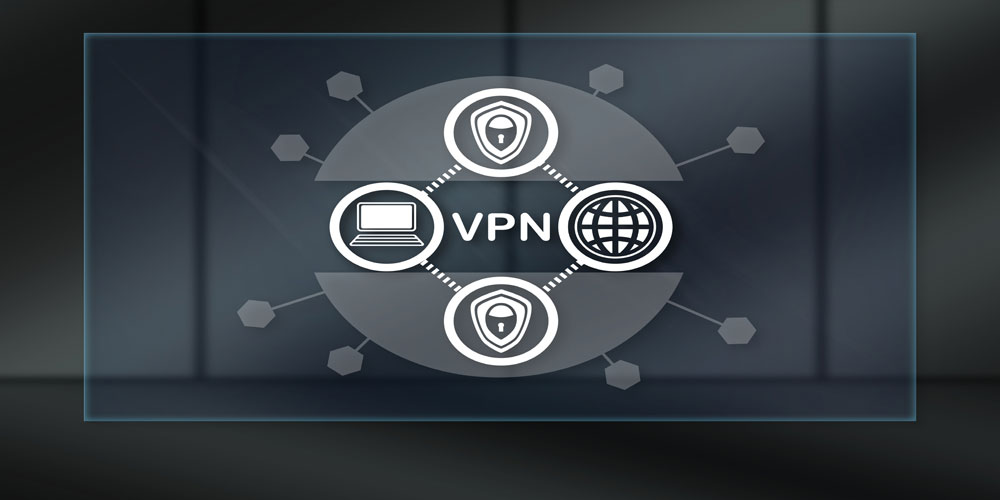
Suggested Insurance for Your Business
Business owners are often faced with many risks that can negatively impact their operations. Such risks can include natural disasters, theft, lawsuits, and even cyber-attacks. Insurance is an essential tool that can help businesses mitigate these risks by transferring the financial burden to an insurance provider. However, with so many types of insurance available in the market, it can be challenging to choose the most appropriate insurance coverage for your business needs. In this article, we will discuss some suggested insurance options for your business.

General Liability Insurance
General liability insurance provides protection against third-party claims of bodily injury, property damage, and advertising injury. This coverage can help pay for legal expenses and judgments if a customer, supplier, or any other third party sues your business for causing harm or damages. General liability insurance can also cover medical expenses for anyone injured on your business premises.
Property Insurance
Property insurance covers your business property, such as buildings, equipment, and inventory, against physical loss or damage caused by perils such as fire, theft, or vandalism. Property insurance can help replace or repair damaged property, which can help keep your business running after an unexpected loss. It is important to note that not all perils are covered under a standard property insurance policy, so it is essential to review your policy to ensure you have adequate coverage.
Business Interruption Insurance
Business interruption insurance can help your business recover lost income and cover expenses if it is forced to close temporarily due to an unforeseen event, such as a natural disaster, fire, or other covered loss. This type of insurance can help keep your business running by covering payroll, rent, and other expenses until you can reopen your business.
Cyber Liability Insurance
With more businesses relying on digital technology, cyber liability insurance has become increasingly important. Cyber liability insurance provides coverage against data breaches, cyber attacks, and other cyber-related losses. This coverage can help cover the costs associated with notifying customers of a data breach, hiring forensic experts to investigate the breach, and any legal expenses or settlements resulting from the breach.
Professional Liability Insurance
Professional liability insurance, also known as errors and omissions insurance, can provide protection against claims of negligence or mistakes made while providing professional services. This type of insurance is typically needed by professionals such as doctors, lawyers, accountants, and consultants, but can be beneficial for any business that provides advice or services to clients.
Workers’ Compensation Insurance
Workers’ compensation insurance is required by law in most states and provides coverage for medical expenses, lost wages, and other expenses related to work-related injuries or illnesses. This type of insurance can help protect your business from lawsuits filed by injured employees.
Commercial Auto Insurance
Commercial auto insurance provides coverage for vehicles owned or used by your business. This coverage can include liability, collision, and comprehensive coverage. Commercial auto insurance is essential for any business that owns or uses vehicles for business purposes, such as delivery trucks or service vehicles.
Product Liability Insurance
If your business manufactures or sells products, product liability insurance can provide protection against claims of bodily injury or property damage caused by a defective product. This coverage can help cover legal expenses and settlements resulting from such claims.
Directors and Officers Liability Insurance
Directors and officers liability insurance provides protection for the personal assets of directors and officers of a company if they are sued for alleged wrongful acts committed while performing their duties. This type of insurance can help cover legal expenses and settlements resulting from such claims.
Selecting the right insurance coverage for your business can be a daunting task. It is important to review your business operations and assess the potential risks to determine the types and levels of insurance coverage you need. A qualified insurance broker can help you navigate the complexities of insurance and find the most appropriate coverage for your








